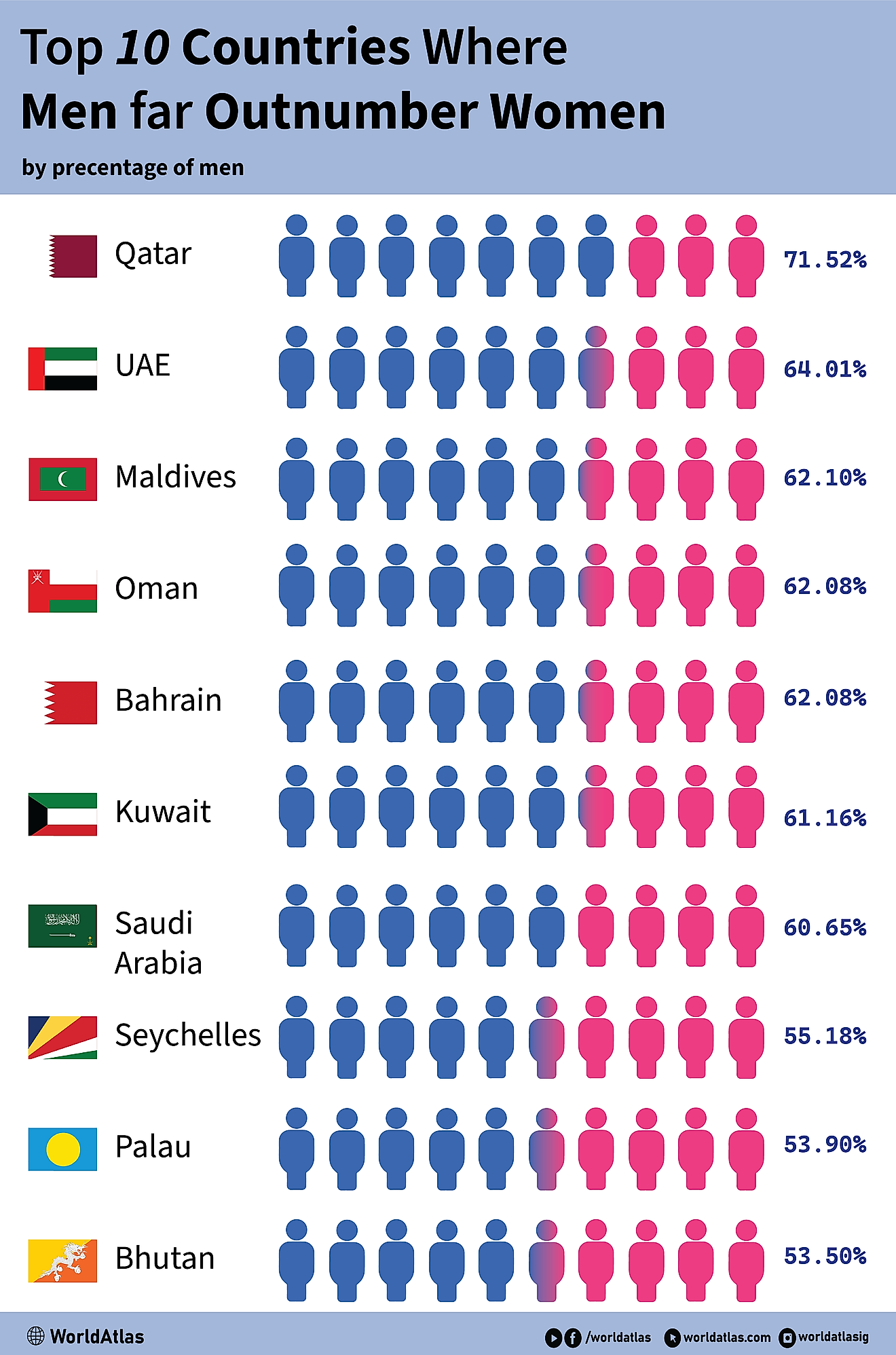Demography of the Maldives

The Maldives is the smallest country in Asia by size and population. It is located in the Indian Ocean 620 miles from mainland Asia. It is made up of 22 atolls, from Addu Atoll in the south to the Ihavandhippolhu Atoll in the north. As of 2019, the population of Maldives was estimated at 530,000.
The Dhivehi people are the largest ethnic group in the country. They are native to the islands of Maldives and Indian territory of Minicoy. Dhivehi are Indo-Aryan people and trace their origin to South Asia, the Middle East, and Africa. In the 1950s a small population of Giraavaru people existed as a distinct ethnic group but have since being absorbed by the Maldivian society. Social stratification exists in the Maldives though it is not rigid since social rank is based on several factors including wealth, occupation, family ties, and Islamic virtues.
Bangladeshis In The Maldives
There are about 55,000 Bangladeshis in the country. They are part of the Bangladeshi diaspora population in the Maldives or were born to citizens of Bangladesh living in the country. The first generation of immigrants migrated to the Maldives to escape poverty, seek employment, and in search of better living conditions. After a few years, they invited their families and friends, and have since grown to be the largest minorities in the country.
Filipinos In The Maldives
There are about 500 Filipinos in the Maldives, many of whom are either migrant workers or expatriates. Most of the Filipinos who arrived in the country are brought in as casual laborers. However, most choose to go back to their native country citing poor working conditions, lack of food and water, and unequal pay.
Diaspora Maldivians
A majority of the diaspora population is found in India and Sri Lanka. The largest diaspora population is found in the Indian territory of Lakshadweep. Most of the Maldivians in India are descendants of early immigrants who migrated to the country centuries ago, but many maintain close cultural ties to the Maldives. There is also a significant population in Pakistan largely made up of madrasa students.
A Changing Population
Over the past three decades, the Maldives has experienced a social change and a rapid economic boom. A multi-billion-dollar tourism industry is changing the economy by generating foreign income and creating employment for thousands of people. The Maldives receives about 1.3 million tourists annually, a third of whom come from China. As the economic situation in the country changed so does the demographic structure. The state has shifted from high birth and mortality rates to low ones. Consequently, the sex and age structure has changed significantly.











